Our Stories
Recent Articles
History & Discoveries
Peeking Through the Draperies of National Statuary Hall
A short history of this significant space's special fabric.
History & Discoveries
Capitol Lyrics: "America the Beautiful"
The lyrics of this patriotic song are found easily at the U.S. Capitol.
History & Discoveries
A Hallowed Figure in American Art and Culture: the Bald Eagle
The bald eagle is painted, sculpted and carved throughout the Capitol campus. Its white head, wide wingspan and gnarled talons are ubiquitous.
History & Discoveries
Unearthing Capitol Hill's Buried History
Visit Congressional Cemetery and discover the many connections the Architect of the Capitol has to this hallowed ground.
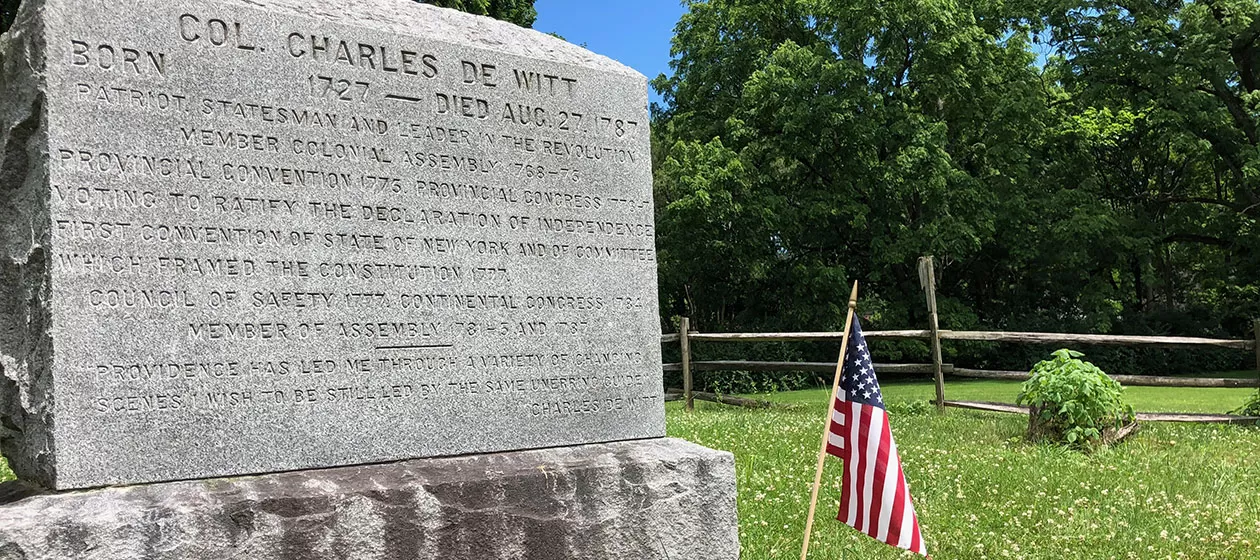
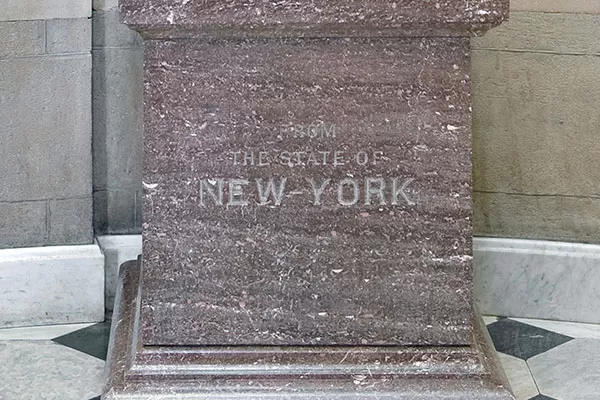
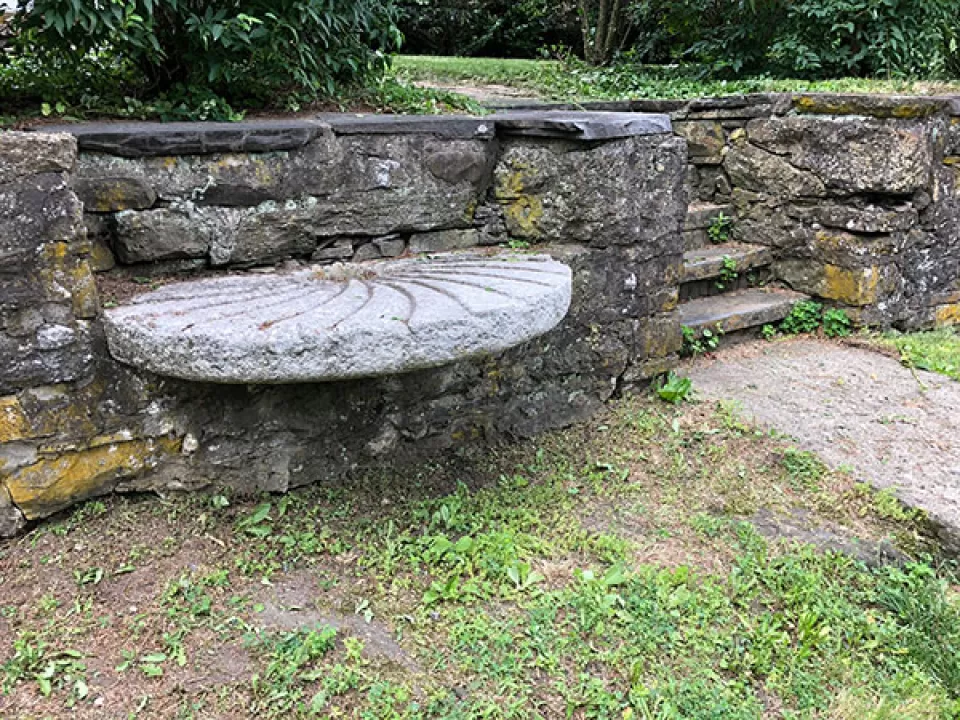
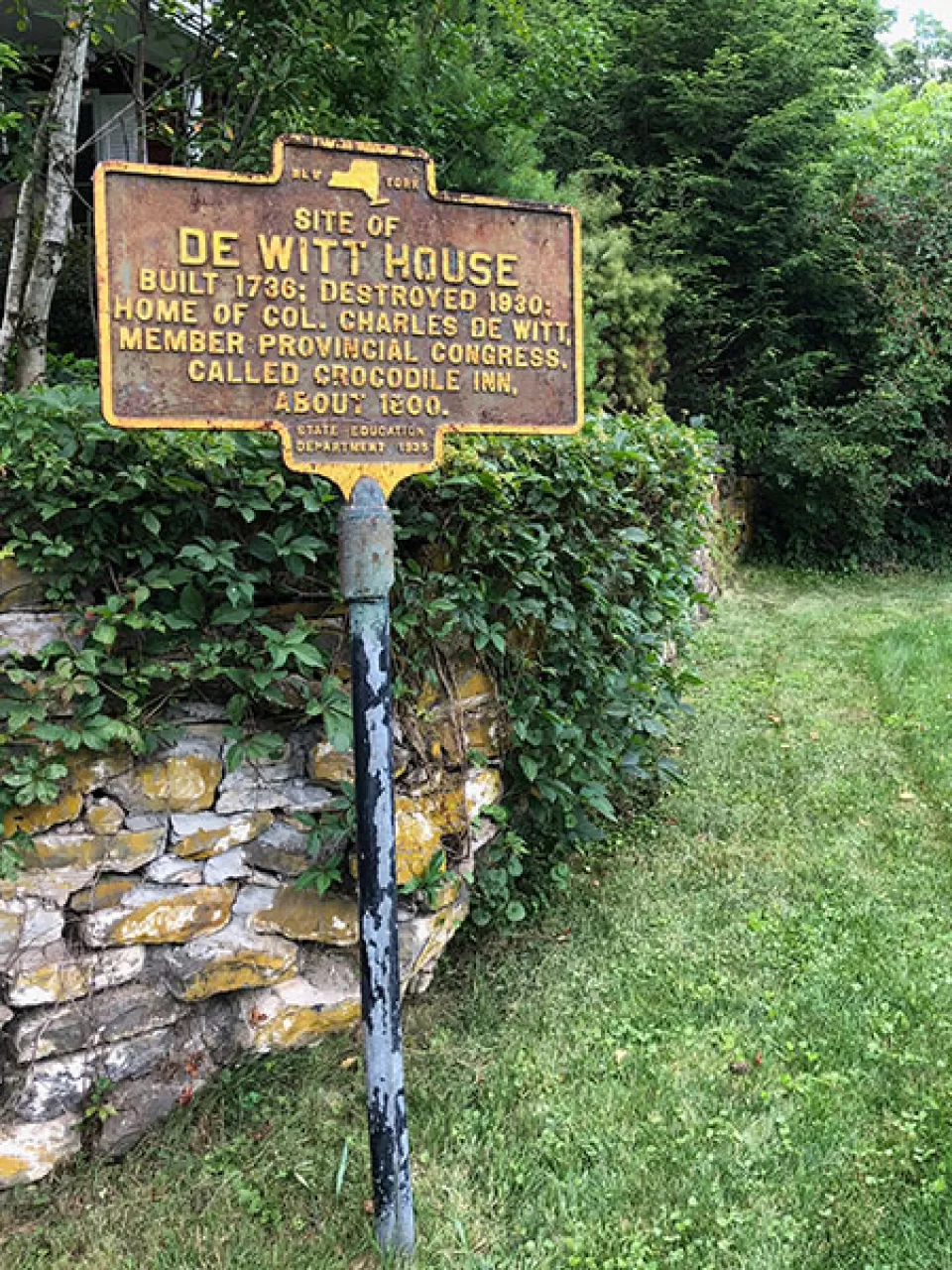
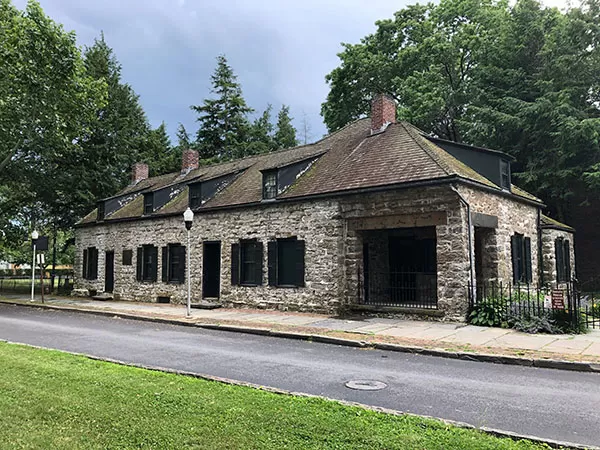
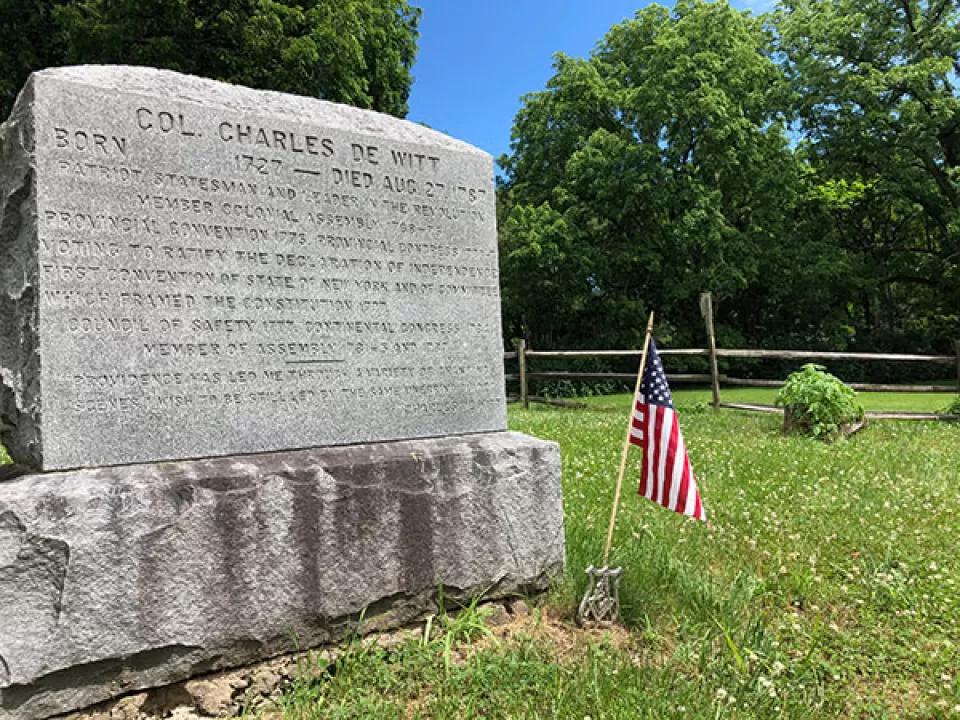
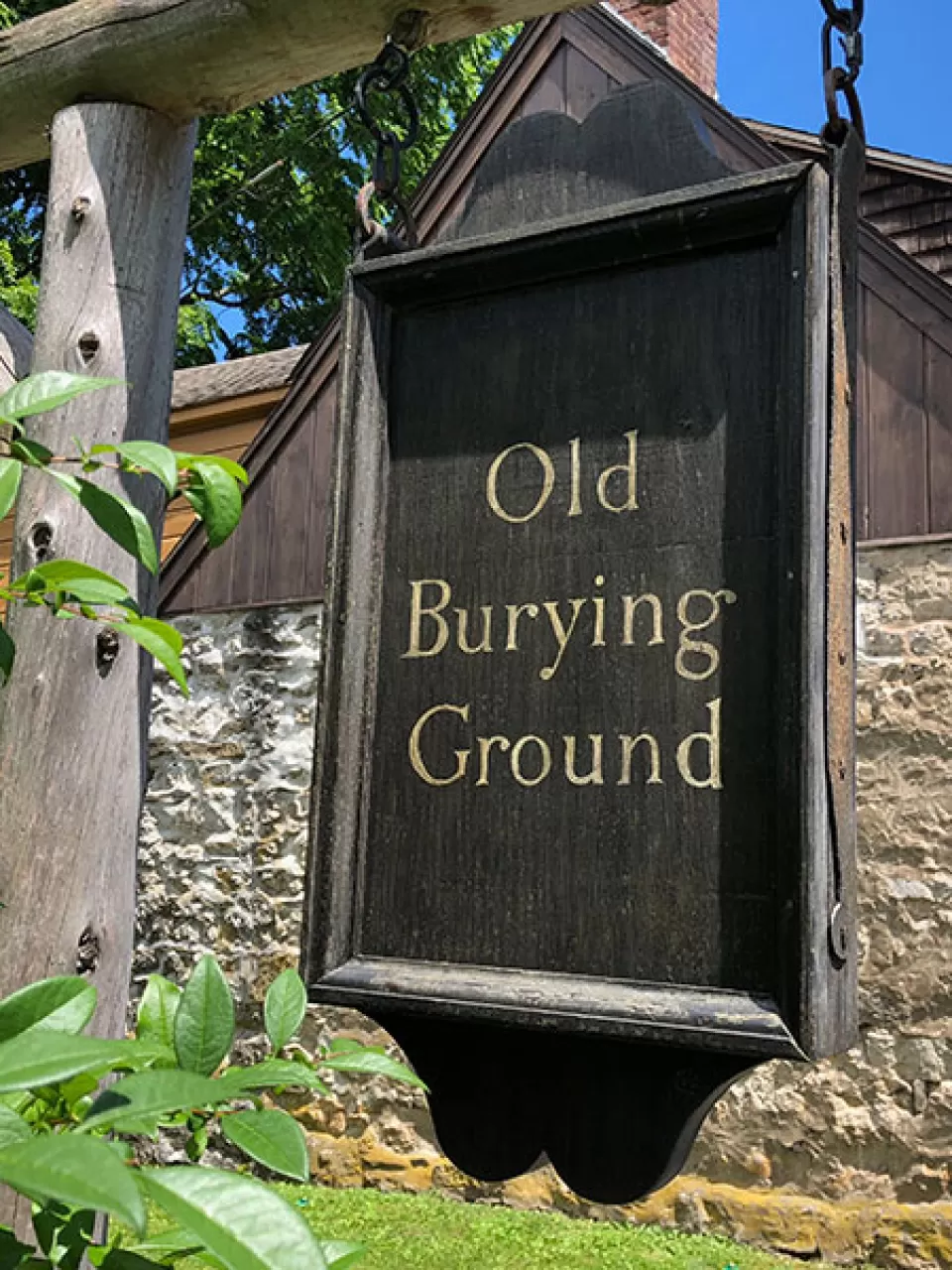
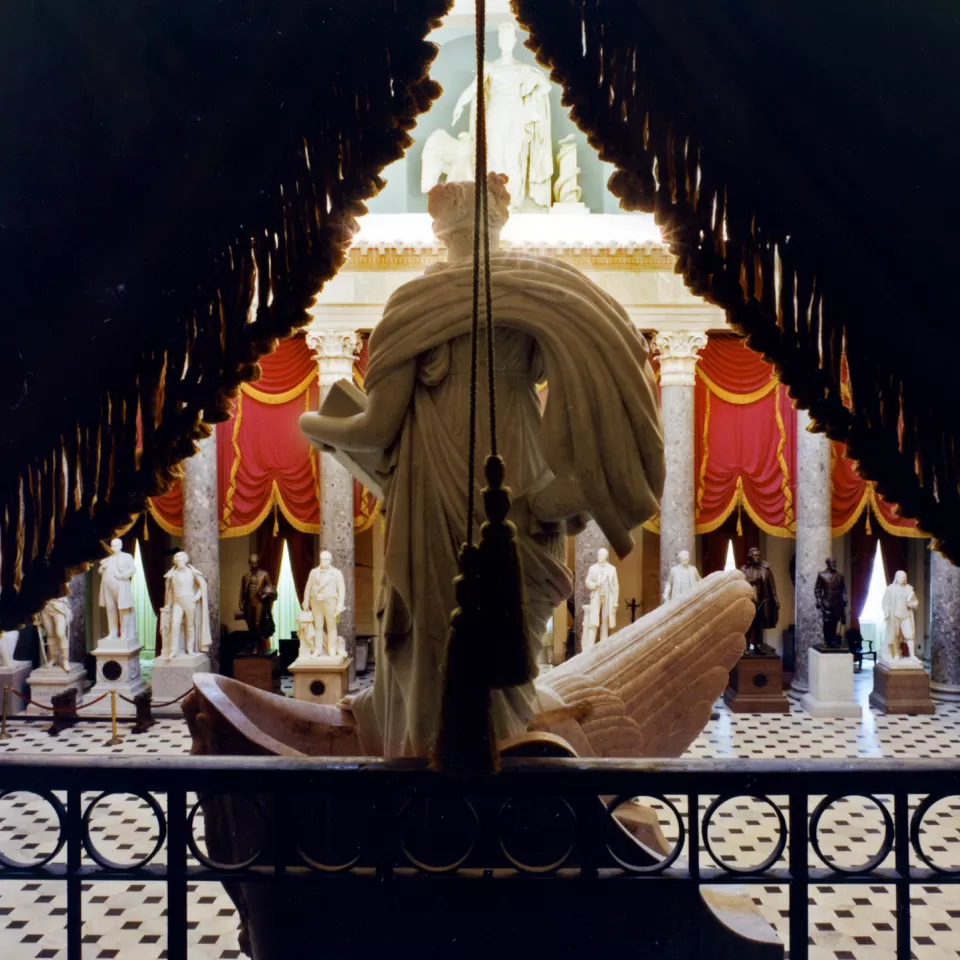
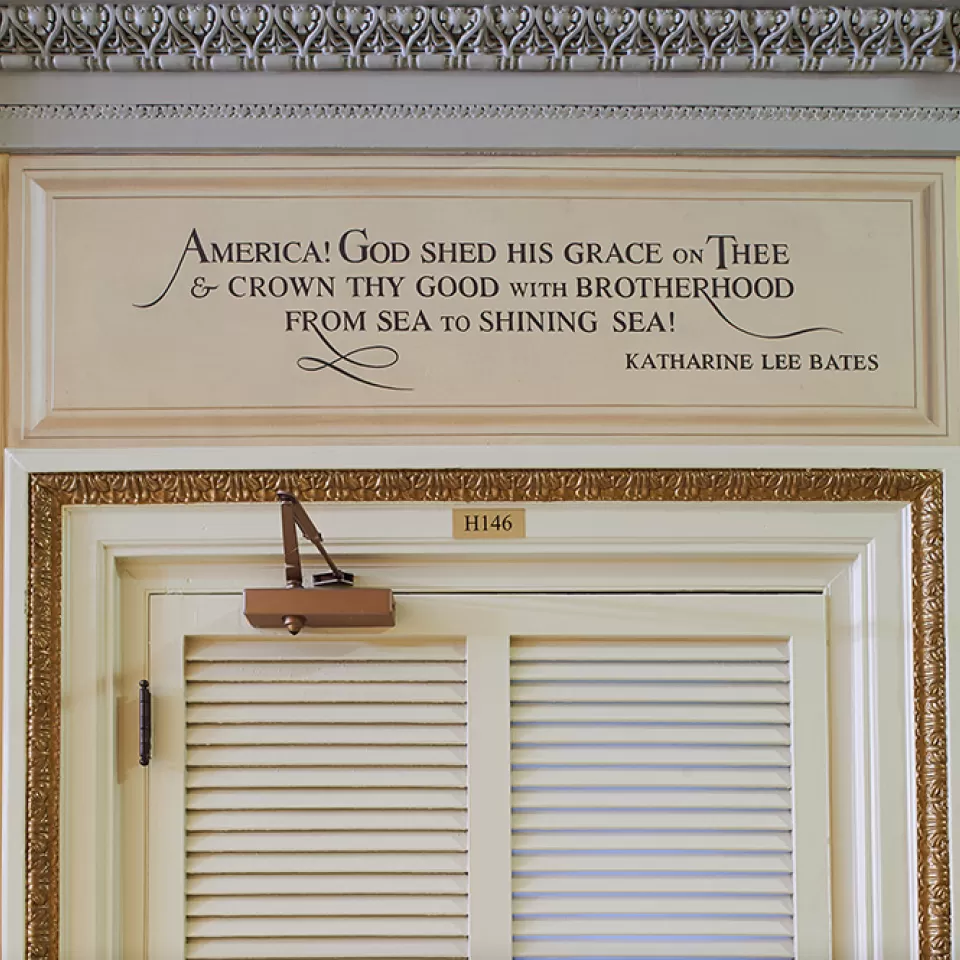
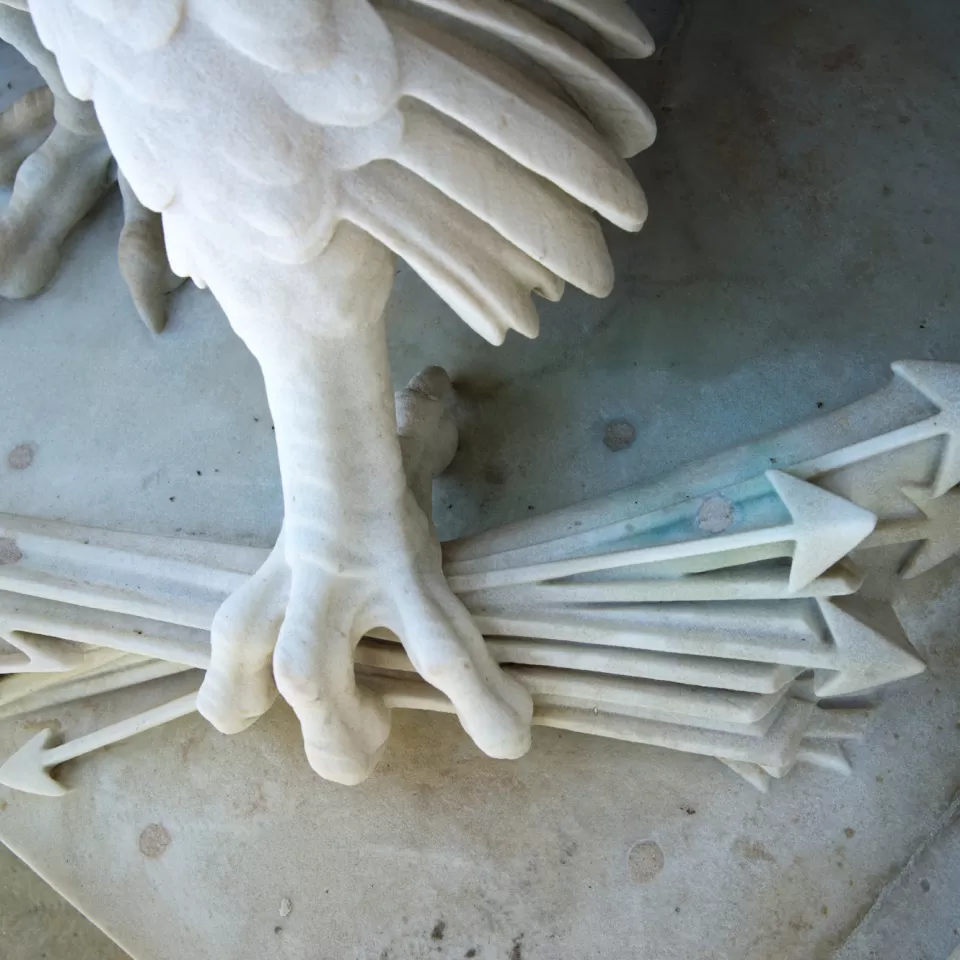
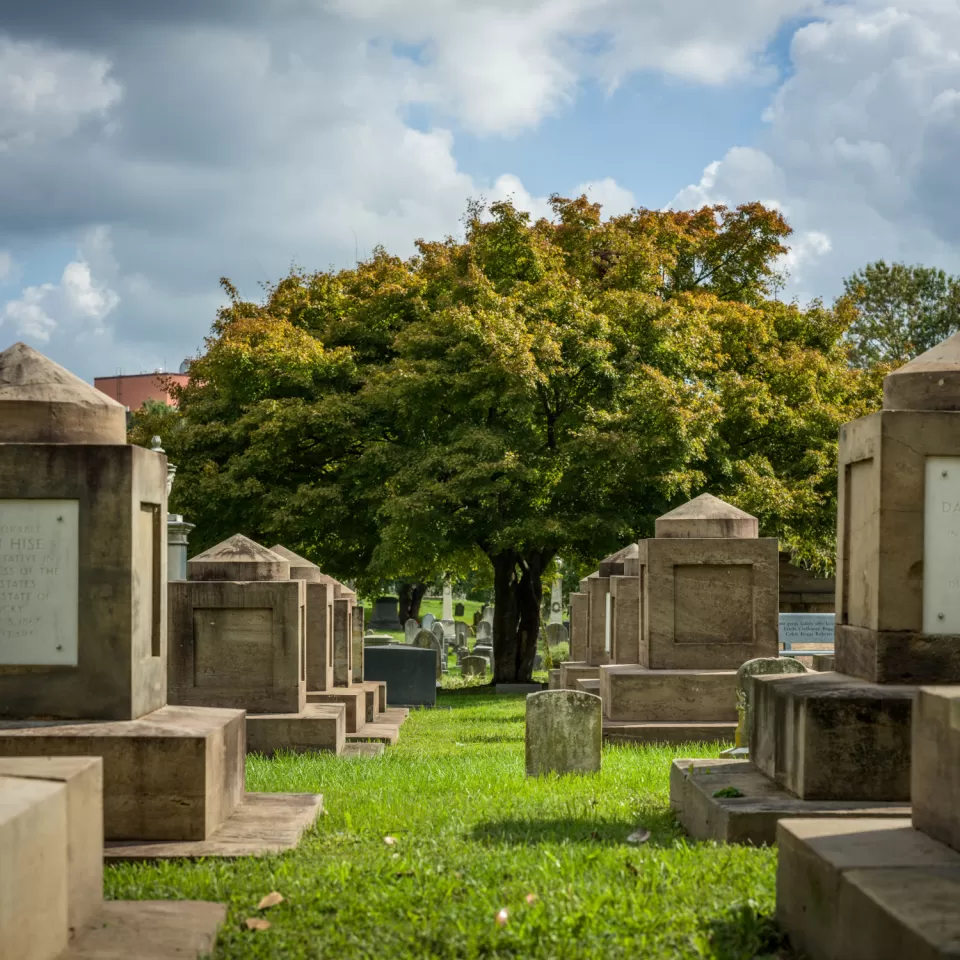
Comments
Very well written and informative. Col. Charles DeWitt is also my ?? grandfather. So I thank you very much for all this research you have done... My sister has a ancestry account that I can no longer access due to the new verification that ancestry requires.
Your Very distant cousin, Nancy
Have you thought about applying for membership in the Daughter's of the American Revolution? I just got my certificate! I'm so proud!!
I am over the moon to find Col. Charles DeWitt, my 6th great-grandfather! And, through your article, come to know so much more about him and the part he played in the founding of our great country! Thank you so much for sharing this information. It is so well written and I was completely engaged throughout.
Charles De Witt: Founding Farmer, A Life of Service really amazing research.
Thank you for the enlightening and animated biography of Col. DeWitt. He is my 5 times great-grandfather too and I have been told a great many tales of family lore about his life but know that often those tales tend to get blown up and out of proportion. I'm relieved to learn while reading your article that those modest Dutch genes have held strong in my branch as the tales were less detailed but didn't contain embellishments either. I can't say thank you enough!
Great piece of history Franklin!
Well done, Franklin, and what a proud legacy!
Add new comment